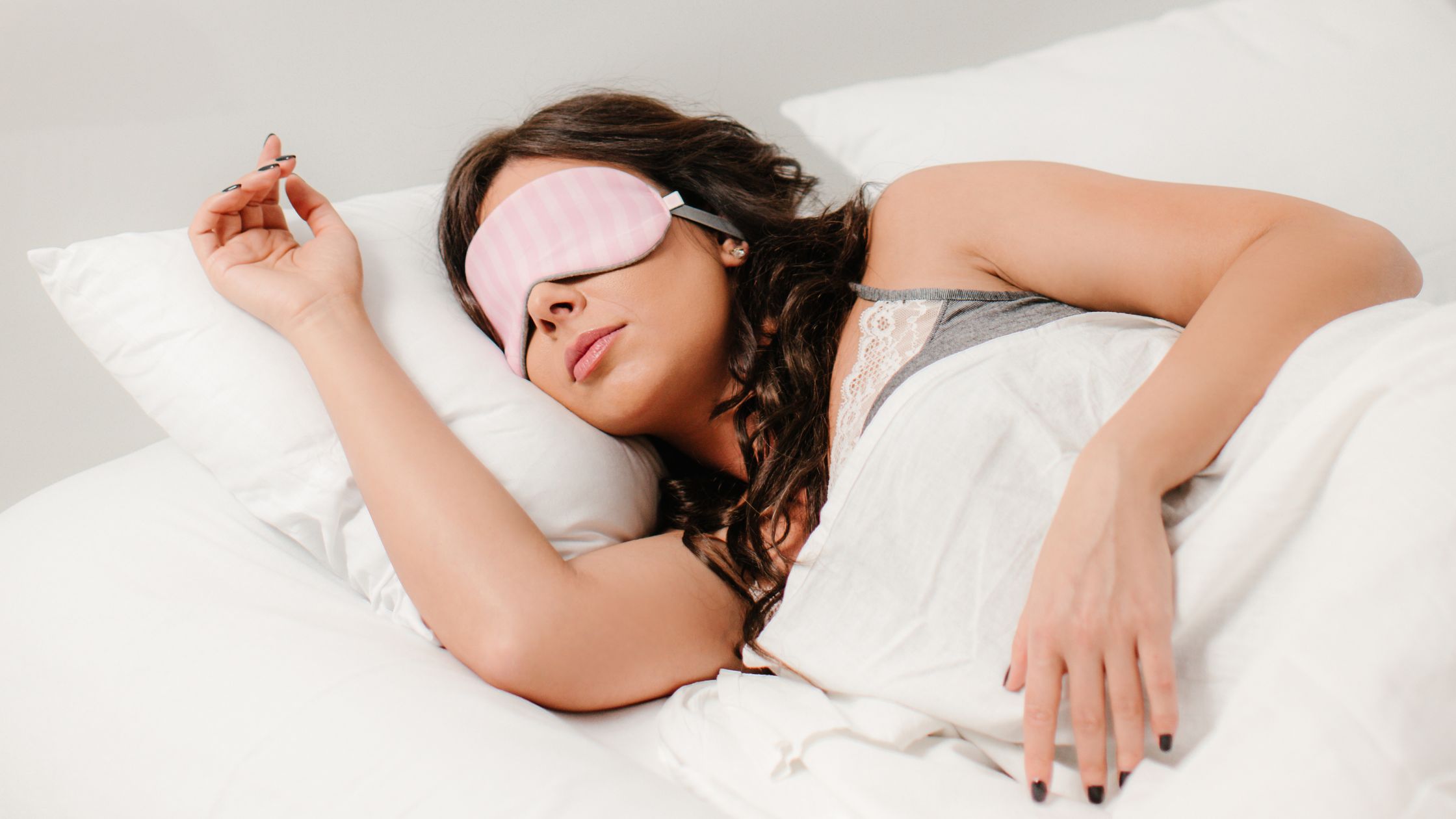How to Improve Sleep Hygiene for Better Mental Health and Productivity

Key Takeaways
How can I improve my sleep hygiene?
To improve sleep hygiene, maintain a consistent sleep schedule, create a relaxing bedtime routine, reduce caffeine and alcohol intake, optimize your sleep environment, and limit screen time before bed. Prioritizing self-care and relaxation techniques can also enhance sleep quality.
In today’s fast-paced world, quality sleep often takes a backseat to work, social life, and endless screen time. However, healthy sleep habits are crucial for maintaining mental wellness, reducing stress, and improving productivity. Poor sleep can lead to difficulties in focus, memory retention, and emotional regulation, while consistent deep sleep fosters overall well-being. If you struggle with sleep or feel constantly fatigued, refining your bedtime routine and understanding your circadian rhythm can make all the difference.
Understanding Sleep Hygiene
Sleep hygiene refers to the habits and practices that promote insomnia relief and improve sleep quality. By making small but impactful lifestyle changes, you can train your body and mind to fall asleep faster, stay asleep longer, and wake up refreshed.
7 Effective Ways to Improve Sleep Hygiene
1. Maintain a Consistent Bedtime Routine
Going to bed and waking up at the same time every day—even on weekends—helps regulate your circadian rhythm. This internal clock governs your sleep-wake cycle, and consistency strengthens its effectiveness.
Try This:
- Set a fixed bedtime and stick to it.
- Establish a wind-down routine that includes relaxing activities like reading, journaling, or gentle stretching.
- Avoid long naps during the day, as they can disrupt your natural sleep schedule.
2. Optimize Your Sleep Environment
Your bedroom should be a sanctuary for rest. Ensure it is cool, dark, and quiet to encourage deep sleep.
Try This:
- Use blackout curtains to block unwanted light.
- Keep the room temperature between 60-67°F (15-19°C).
- Invest in a comfortable mattress and pillows.
- Reduce noise distractions with white noise machines or earplugs.
3. Support Your Natural Melatonin Production
Melatonin is the hormone that regulates sleep, and exposure to artificial light at night can suppress its production.
Try This:
- Avoid blue light from screens at least an hour before bed.
- Use warm, dim lighting in the evening.
- Get natural sunlight exposure in the morning to regulate your body’s clock.
4. Engage in Relaxation Techniques Before Bed
High stress levels and an overactive mind can make it hard to unwind. Practicing stress reduction and self-care techniques can help you transition into sleep mode.
Try This:
- Deep breathing exercises or meditation.
- Progressive muscle relaxation to ease physical tension.
- Listening to calming music or nature sounds.
5. Limit Caffeine and Alcohol Consumption
Both caffeine and alcohol can interfere with deep sleep, even if consumed hours before bedtime.
Try This:
- Avoid caffeine at least six hours before sleep.
- Limit alcohol intake, as it disrupts sleep cycles.
- Drink herbal teas like chamomile or valerian root for natural insomnia relief.
6. Exercise Regularly—but at the Right Time
Physical activity supports mental wellness and better sleep quality, but timing matters.
Try This:
- Engage in moderate exercise (walking, yoga, or weight training) during the day.
- Avoid vigorous workouts right before bed, as they can be too stimulating.
7. Prioritize Self-Care for Restorative Sleep
Good sleep hygiene is part of a broader self-care routine. Taking care of your emotional and physical health directly impacts sleep quality.
Try This:
- Keep a gratitude journal to reduce bedtime stress.
- Avoid overloading your evenings with work or emotionally taxing activities.
- Establish a skincare or relaxation ritual before bed.
Final Thoughts
Improving your sleep hygiene isn’t just about getting more hours of rest—it’s about getting quality sleep that enhances mental wellness and daily productivity. By following these simple adjustments to your bedtime routine, supporting natural melatonin levels, and practicing relaxation techniques, you can experience more deep sleep and wake up feeling refreshed and focused.
Better sleep leads to better days—start prioritizing your rest today!
FAQ
What is sleep hygiene?
Sleep hygiene refers to habits and practices that promote quality sleep, such as maintaining a consistent bedtime routine, optimizing your sleep environment, and reducing screen time before bed.
How does sleep hygiene affect mental wellness?
Good sleep hygiene supports mental health by reducing stress, improving focus, and enhancing emotional regulation. Poor sleep can lead to anxiety, mood swings, and cognitive difficulties.
What are the best ways to improve sleep hygiene?
Some effective sleep hygiene practices include:
- Sticking to a regular sleep schedule
- Creating a relaxing bedtime routine
- Reducing caffeine and alcohol intake
- Exercising during the day
- Optimizing your sleep environment
Can screen time before bed affect sleep quality?
Yes, exposure to blue light from screens can suppress melatonin production, making it harder to fall asleep. It’s best to avoid screens at least an hour before bedtime.
How does melatonin help with sleep?
Melatonin is a hormone that regulates the sleep-wake cycle. Supporting natural melatonin production by limiting artificial light at night and getting morning sunlight can improve sleep quality.